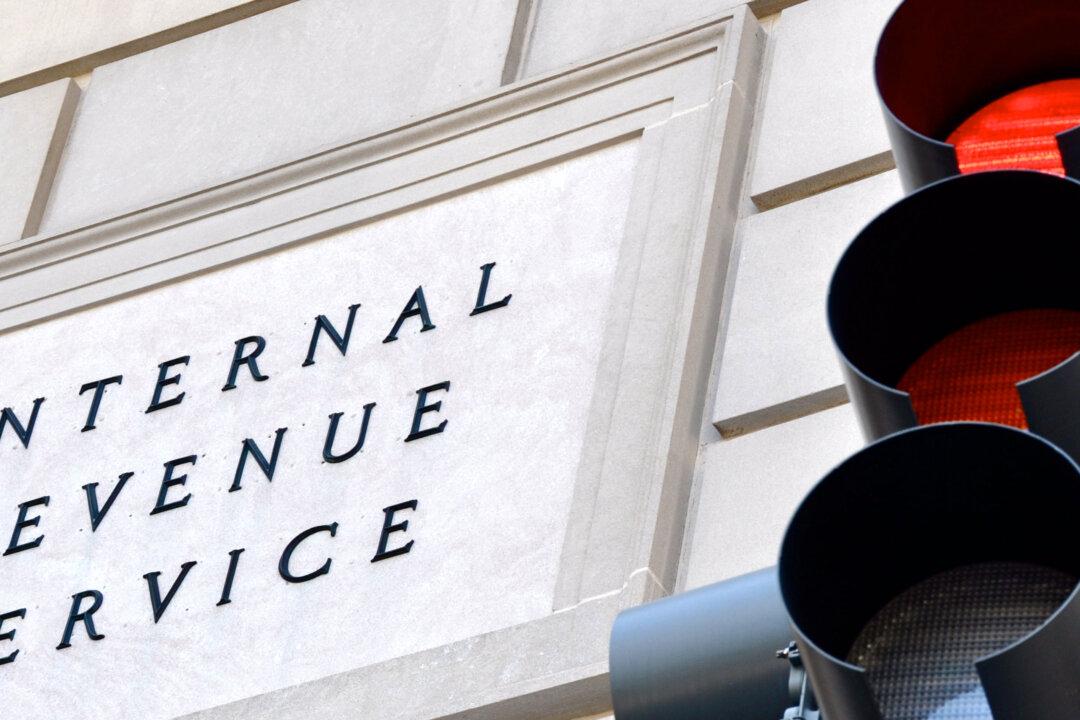The Internal Revenue Service (IRS) on May 11 said it will start limiting workers’ personal identification information on communications with taxpayers in June to reduce threats aimed at IRS employees.
The Treasury Department’s inspector general for tax administration said in a May 8 report (pdf) that it was “concerned that taxpayers and anti-government or anti-tax groups with malevolent intent may use the Internet or social media to track down and identify IRS employees, their families, their homes, and personal information to threaten, intimidate, or locate them for physical violence.”




